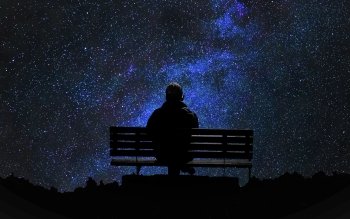The word “scapegoating”
originated from an ingenious ritual described in Leviticus 16.
According to Jewish law, on the Day of Atonement,
the high priest laid hands on an “escaping” goat,
placing all the sins of the Jewish people from the previous year onto the animal.
Then the goat was beaten with reeds and thorns,
driven out into the desert, and the people went home rejoicing.
Violence towards the innocent victim was apparently quite effective
at temporarily relieving the group’s guilt and shame.
The same scapegoating dynamic was at play when European Christians
burned supposed heretics at the stake, and when white Americans
lynched Black Americans. In fact, the pattern is identical
and totally non-rational.
Whenever the “sinner” is excluded, our collective
ego is delighted and feels relieved and safe.
It works, but only for a while, because it is merely an illusion.
Repeatedly believing the lie, that this time we have the true culprit,
we become more catatonic, habitually ignorant, and culpable
—because, of course, scapegoating never really eliminates evil in the first place.
As Russian philosopher Aleksandr Solzhenitsyn wrote,
“If only there were evil people somewhere insidiously committing evil deeds,
and it were necessary only to separate them from the rest of us and destroy them.
But the line dividing good and evil cuts through the heart of every human being.
” As long as the evil is “over there,” we can change or expel
someone else as the contaminating element.
We then feel purified and at peace.
...we think our own violence is necessary and even good.
But there is no such thing as redemptive violence.
Violence doesn’t save;
it only destroys all parties in both the short and long term.
~ Richard Rohr
adapted from CONSPIRE 2016: Everything Belongs



































